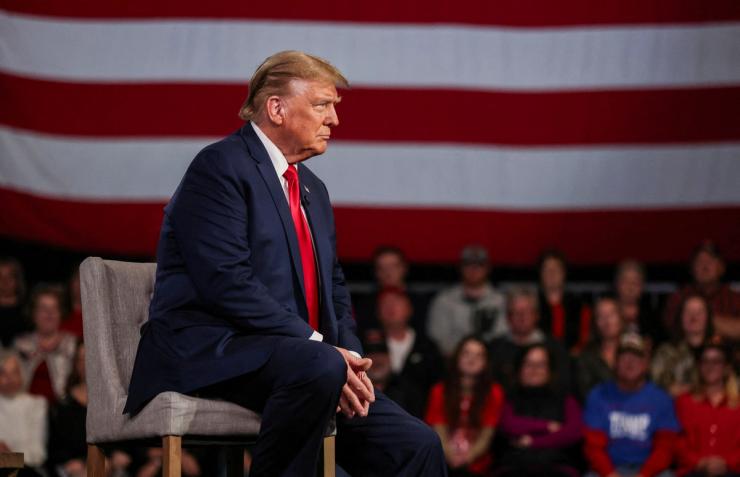The U.S. Supreme Court on Wednesday agreed to rule on whether former President Donald Trump can claim presidential immunity in his federal election interference case.
The court’s decision to hear the case will further delay the trial over Trump’s alleged plot to remain in power after losing the 2020 election. The case is now paused until the week of April 22, when the Supreme Court said it will hear Trump’s argument that he cannot be prosecuted for acts performed during his presidency.
A brief order from the court said it will decide “Whether and if so to what extent does a former president enjoy presidential immunity from criminal prosecution for conduct alleged to involve official acts during his tenure in office.”
A federal appeals court unanimously ruled earlier this month that Trump is not immune from prosecution for alleged crimes committed during his presidency. Trump quickly denounced the decision and appealed.
Trump’s lawyers have claimed that “an absence of criminal immunity for official acts threatens the very ability of the president to function properly,” while Jack Smith, the special counsel overseeing the federal prosecutions of Trump, has argued essentially the opposite.
If the former president’s “radical claim were accepted,” Smith wrote in court filings, “it would upend understandings about presidential accountability that have prevailed throughout history while undermining democracy and the rule of law.”
That’s particularly true, Smith added, when “a former president is alleged to have committed crimes to remain in office despite losing an election, thereby seeking to subvert constitutional procedures for transferring power and to disenfranchise millions of voters.”

